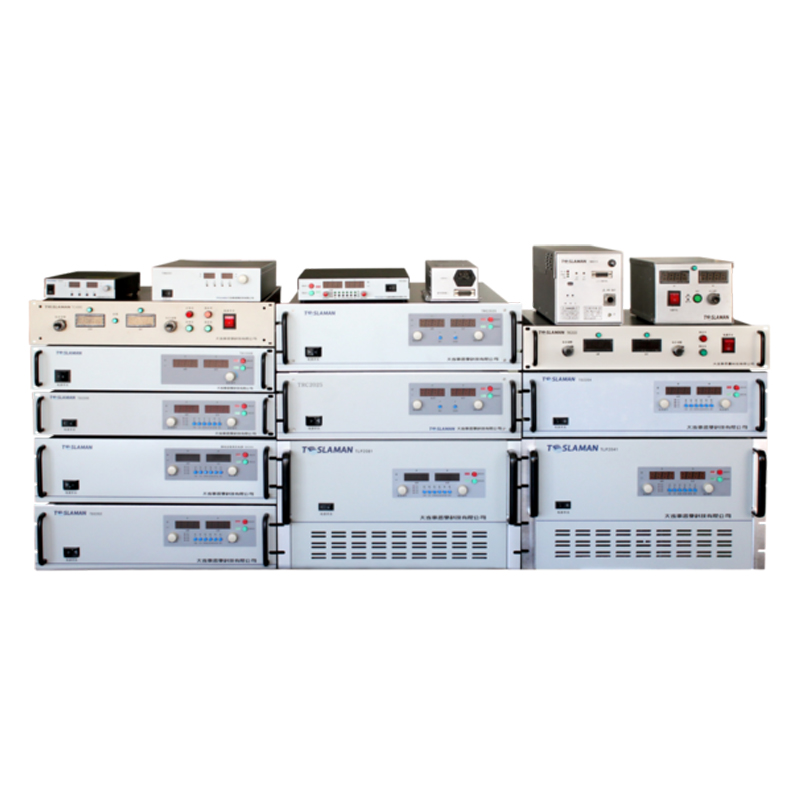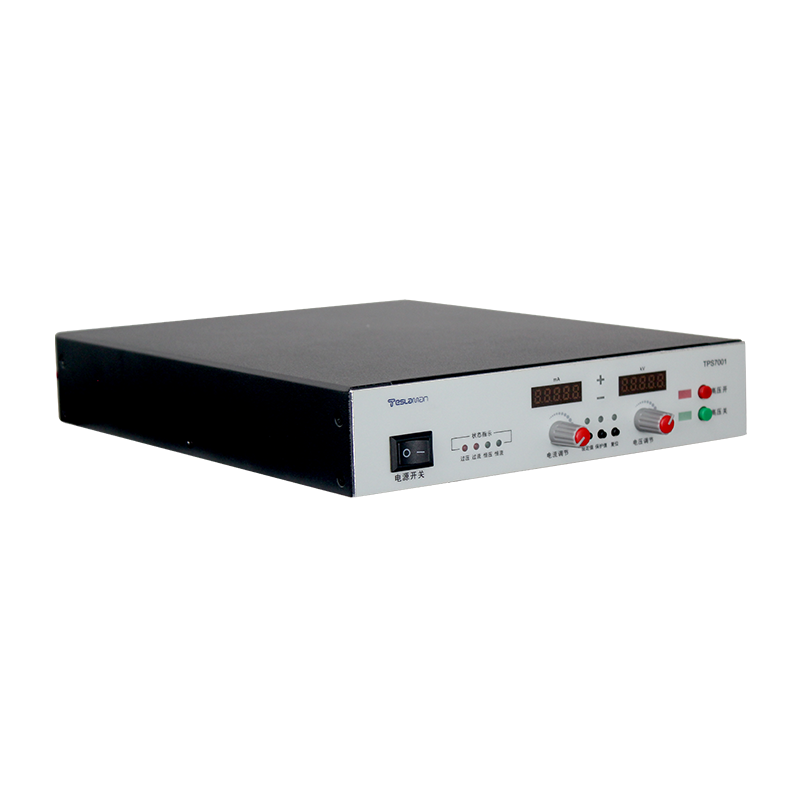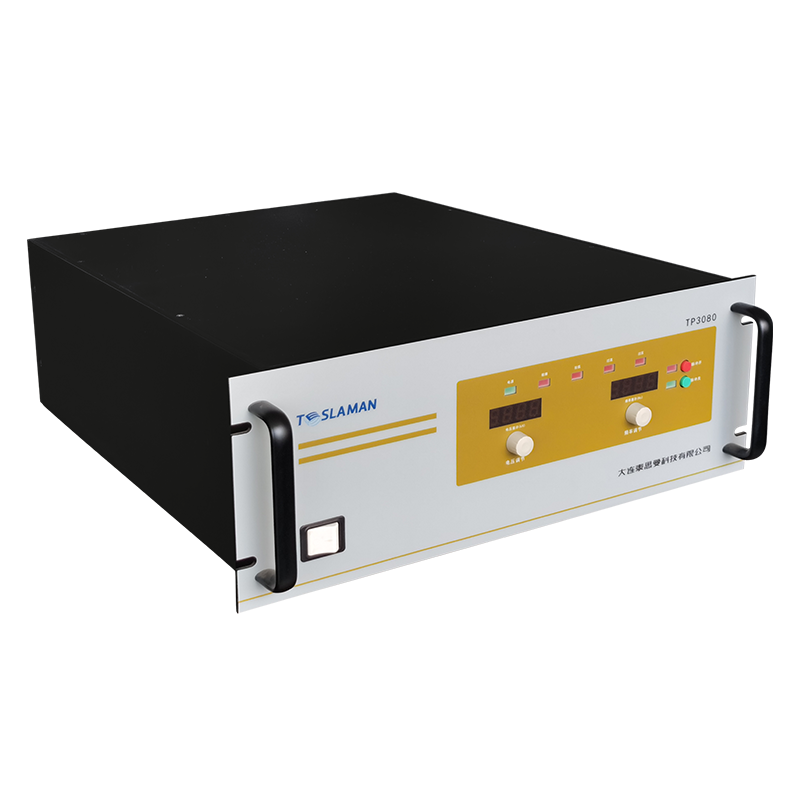Application of High Voltage Power Supply in Dielectric Strength Testing Equipment
With the continuous development of technology and the increasing prevalence of electronic products, the requirements for the safety performance of electrical equipment are becoming higher. In the research and production processes of electrical devices, dielectric strength testing is a crucial step to ensure that the devices do not exhibit leakage, breakdown, and other safety hazards under normal working conditions. The high voltage power supply, as a core component in dielectric strength testing equipment, plays a pivotal role in this testing process.
## 1. Significance of Dielectric Strength Testing
Dielectric strength testing is an indispensable part of electrical equipment production and quality control. Its purpose is to subject the equipment to high voltage environments, detecting whether there are any electrical faults such as leakage or breakdown. This testing method effectively identifies potential electrical failures, enhancing the safety and reliability of electrical devices, meeting the requirements of standards set by the International Electrotechnical Commission (IEC), among others.
In dielectric strength testing, the high voltage power supply is essential for providing the necessary high voltage signals. It ensures that the equipment undergoes dielectric strength testing under safe and controlled conditions, guaranteeing the safe and reliable operation of the devices in practical usage.
## 2. Selection and Characteristics of High Voltage Power Supply
In dielectric strength testing equipment, the selection of the high voltage power supply is crucial. Different electrical devices may require high voltages at various levels, necessitating the high voltage power supply to have a certain adjustment range to accommodate the testing needs of different devices. Additionally, high voltage power supplies need to possess characteristics such as high stability, fast response times, and good waveform quality to ensure the accuracy and reliability of the testing process.
Modern high voltage power supplies typically employ advanced electronic technologies, featuring digital control, high energy efficiency, and precise regulation. These characteristics enable high voltage power supplies to better adapt to the testing requirements of different electrical devices, providing more accurate high voltage signals during the testing process.
## 3. Protective Functions of High Voltage Power Supply
During dielectric strength testing, electrical devices may be influenced by external environmental factors or internal faults. Therefore, high voltage power supplies need to have certain protective functions to ensure the safety of the testing process. Common protective functions include overcurrent protection, overvoltage protection, temperature protection, and more.
Overcurrent protection prevents potential damage to the equipment due to internal faults causing excessive currents during testing. Overvoltage protection prevents voltage levels from exceeding the set range due to external factors, ensuring the stability of the testing process. Temperature protection automatically shuts down the high voltage power supply in high-temperature environments, preventing safety hazards due to excessive temperatures.
## 4. Applications of High Voltage Power Supply in Different Fields
High voltage power supplies are widely used in dielectric strength testing equipment across various industries. In the power industry, they are used for insulation performance testing of transformers and relays. In the electronics industry, they are employed for insulation testing of printed circuit boards (PCBs). In the medical device field, they are utilized for safety performance testing of medical electrical equipment, and so on.
Different industries may have slightly different requirements for high voltage power supplies, but their basic function remains the same: providing a reliable high voltage signal to ensure that devices do not pose safety hazards under normal working conditions. The application of high voltage power supplies spans various stages of electrical equipment production, providing a solid guarantee for the quality and safety of products.
## 5. Trends and Challenges in Development
With the continuous progress of technology, the application of high voltage power supplies in dielectric strength testing equipment is also evolving. In the future, high voltage power supplies are expected to achieve breakthroughs in performance, size, energy efficiency, and other aspects. As electric vehicles, new energy devices, and other industries rapidly advance, the demand for high voltage power supplies is set to increase further, placing higher demands on manufacturers.
However, challenges persist in the application of high voltage power supplies. For instance, the diagnosis and maintenance of high voltage power supplies require specialized knowledge, and the high voltage environment demands greater stability and reliability from the equipment. Therefore, manufacturers need to continuously improve technology, enhance product stability and maintainability, to meet the evolving market demands.
In conclusion, high voltage power supplies, as a critical component in dielectric strength testing equipment, play an irreplaceable role in the production and quality control of electrical equipment. Their stability, precision, and protective functions directly impact the accuracy of testing and the safety performance of devices. With ongoing technological innovation and market development, high voltage power supplies will continue to play a crucial role in various industries, providing a reliable guarantee for the safety performance of electrical devices.




















